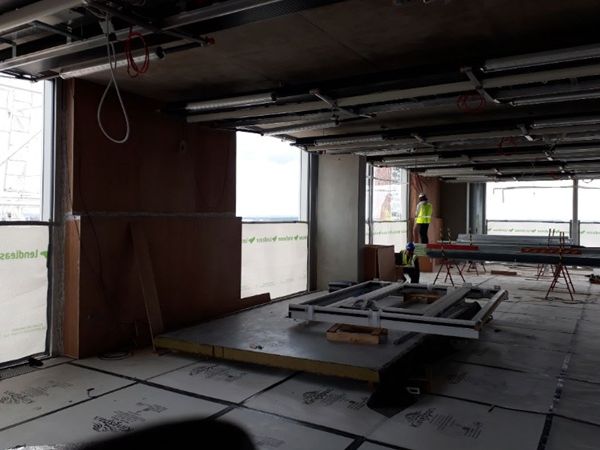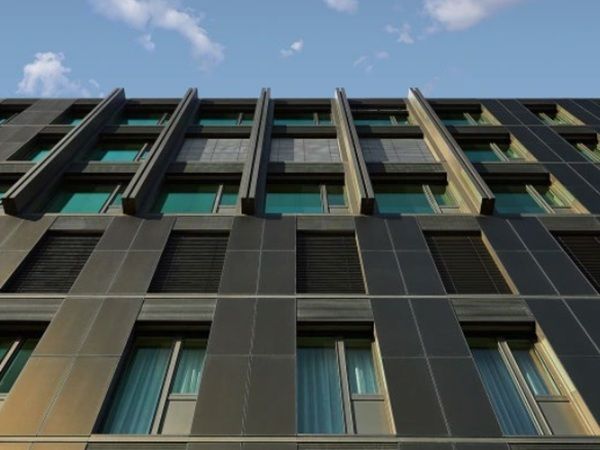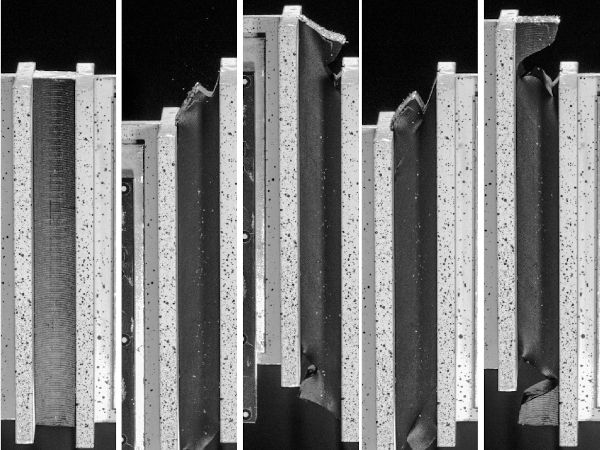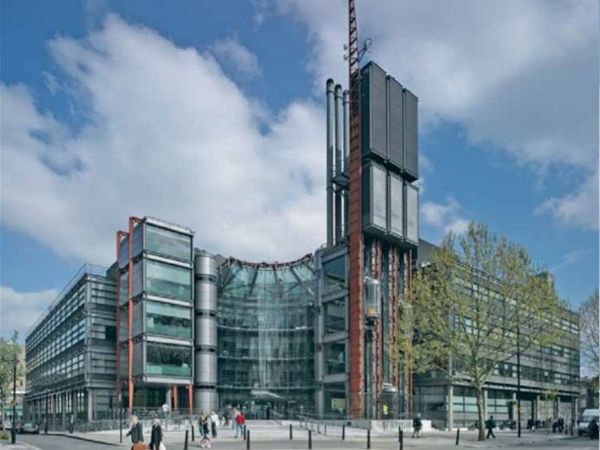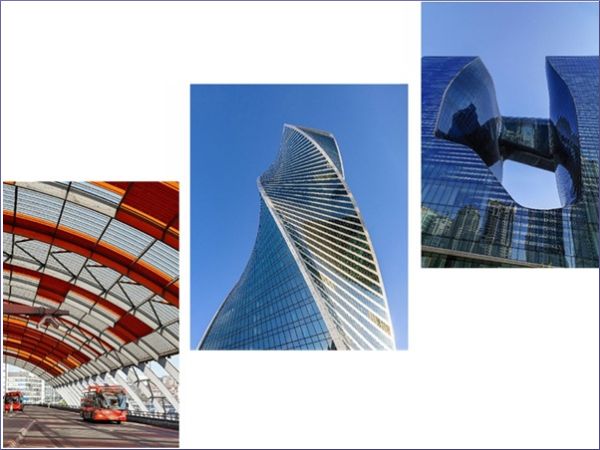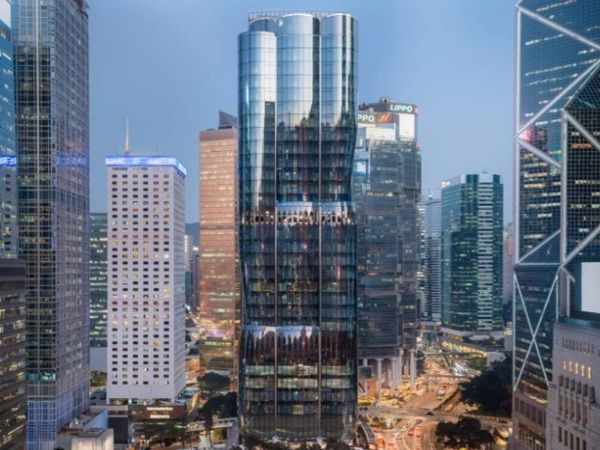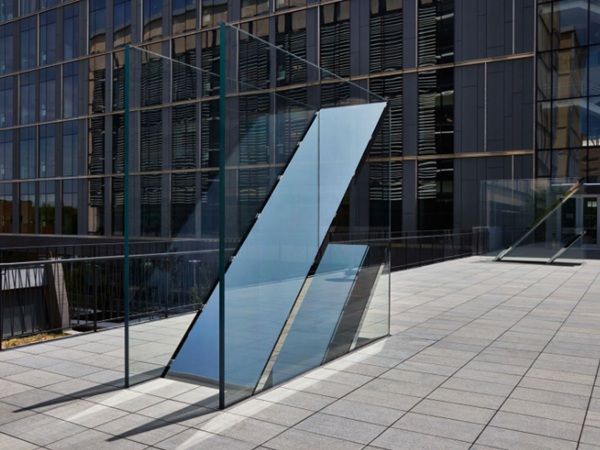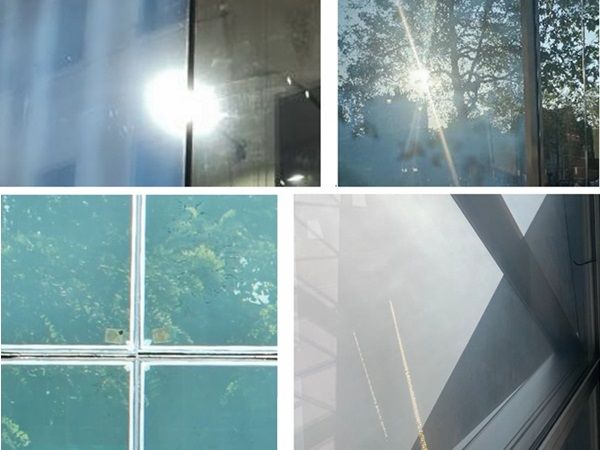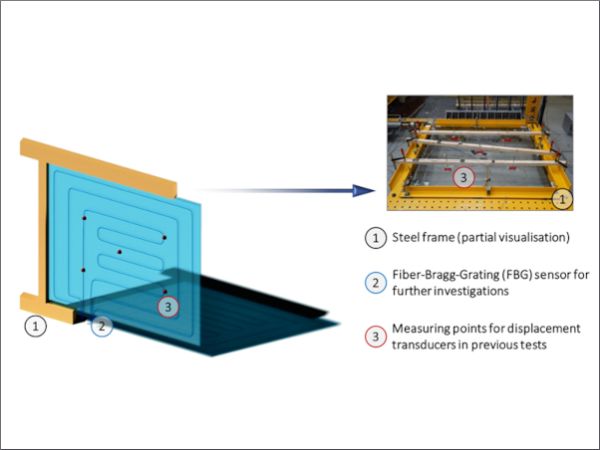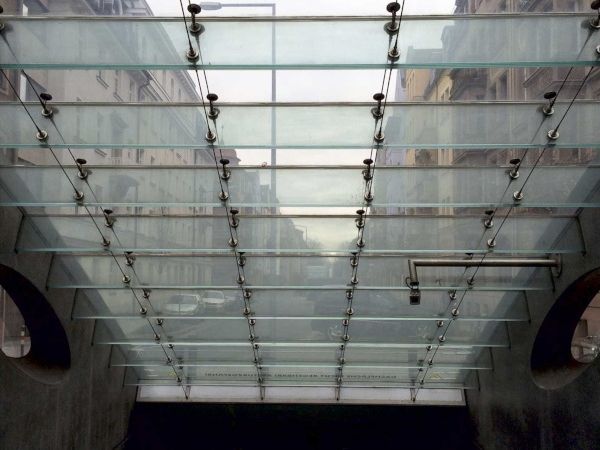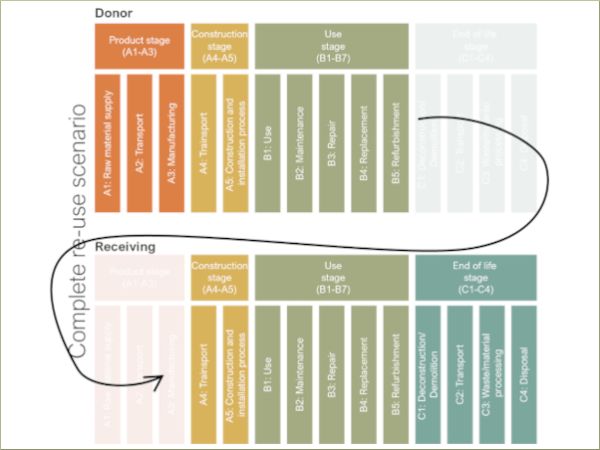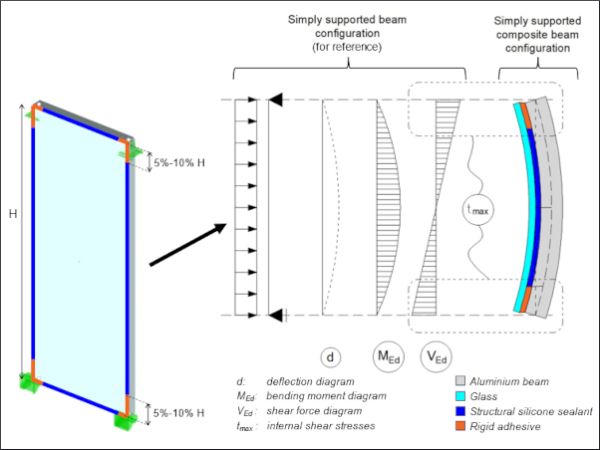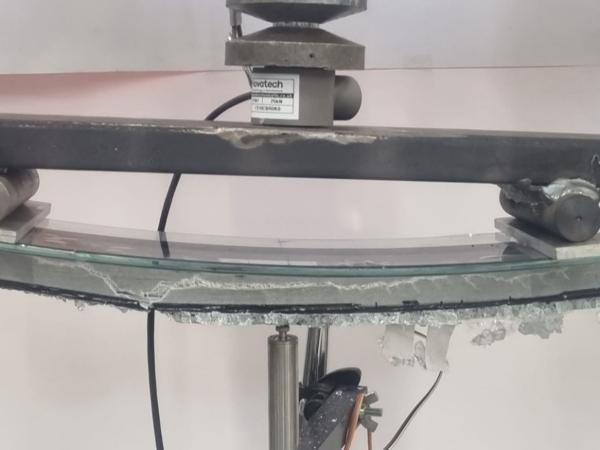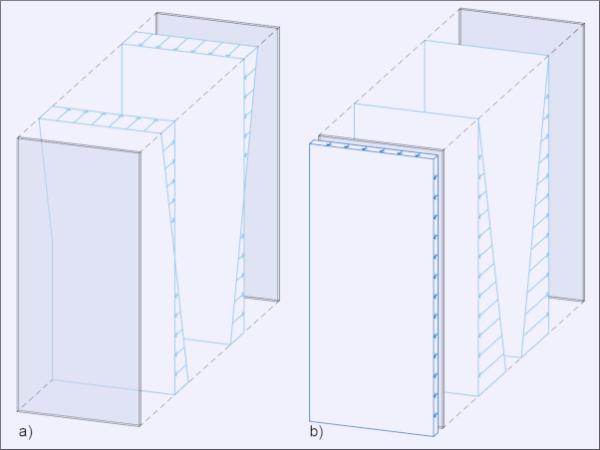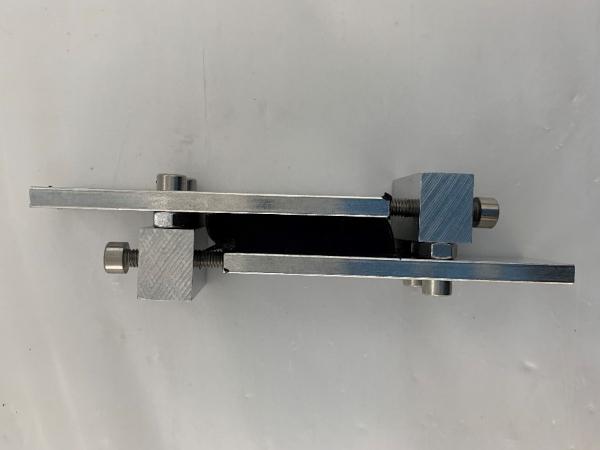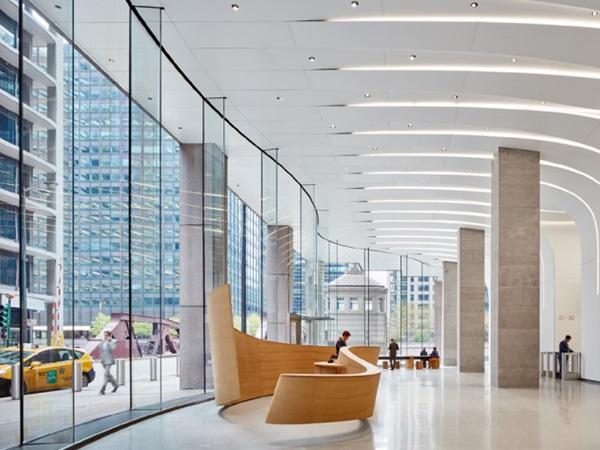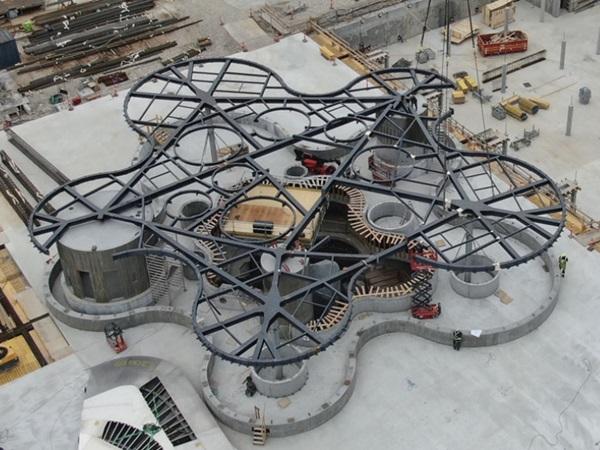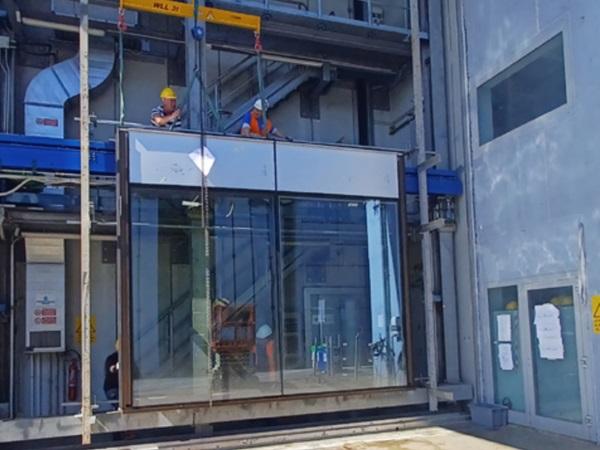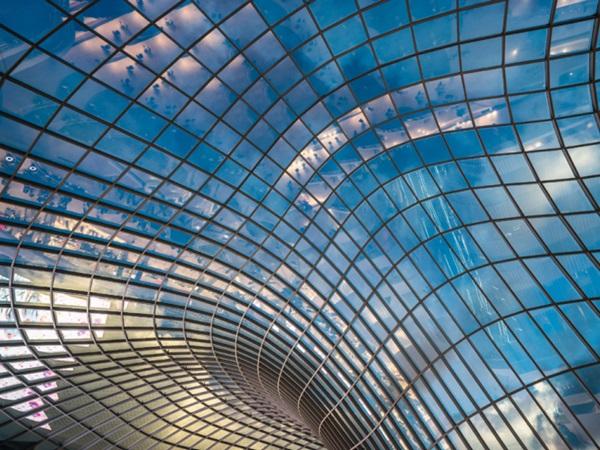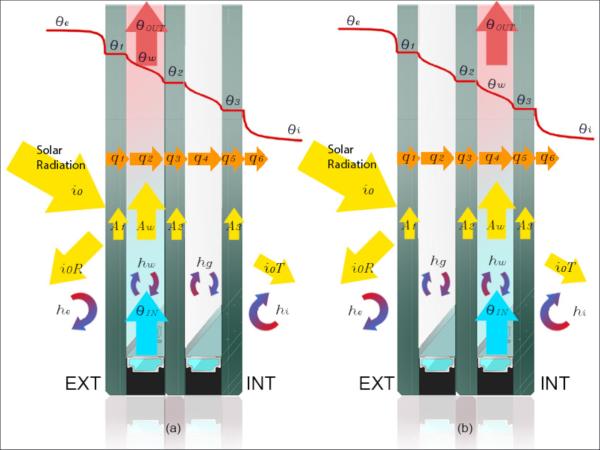Others also read
| The authors investigate the dynamic factor dependency on the major wind excitation parameters, including mean wind velocity, turbulence factor and system dynamic properties, using the Single Degree of Freedom simplification.
| In this paper, the behaviour of various Insulating Glass Units (IGUs) is examined under the influence of quasi-static uniform wind pressure and weather actions.
| This paper begins with an overview of the different types of modules and their applications. It discusses building regulations including the necessary structural analysis and testing verifications.
| In this paper, relevant parameters influencing the seismic loading of structural glazing joints are determined, evaluated, and narrowed down to areas of practical relevance as part of a theoretical stress analysis.
| In this paper, we will discuss a challenging, iconic, heritage, refurbishment project – Channel 4’s headquarters building located in London, England.
| This paper gives an extensive overview of the state of the art, like realized structures, deformation criteria and cold bending associated stress development, while also prompting a new analytical approach for the calculation of stresses in cold bent glasses.
| The organic design and seamlessly reflective surface of “The Henderson” establish it as a landmark in Hong Kong. With its all-glass façade and a height of 210 m, the skyscraper designed by Zaha Hadid Architects offers spectacular panoramic views.
| C-010106 by Sarah Oppenheimer features two structural glass periscopes that offer unique views above and below the footbridge where it is installed.
| The purpose of this work is to implement an algorithm to perform topology optimization for glass structures fabricated by the AWJ cutting method.
| Visual defects, in particular haze, in glass and façade technologies can significantly impact the aesthetic quality and human experience of daylight and views in buildings.
| This paper introduces the concept of a numerical sensor as a key element for creating a hybrid digital twin focused on the monitoring of load-bearing glass façades.
| This paper presents investigations on a novel approach for post-tensioning laminated glass beams with adhesively bonded iron-based shape memory alloy tendons along both longitudinal glass beam edges.
| This article presents the metric avoided carbon for the reuse of aluminium unitised curtain wall façades, that are to be taken from a donor building and applied onto a receiving building.
| A Composite Approach in the Design of Glass-Aluminium Facades to Minimise Embodied Carbon Emissions
| This study is part of a comprehensive research to develop a better understanding of the structural performance of Glass-GFRP composite façade panels.
| This paper is concerned with the design of a load-bearing adhesive joint for use in a fluid-filled insulating glass unit.
| The aim of this paper is to provide a better understanding of the effect of the permanent shear deformation on SSG joints.
| This paper describes the design concept and research process of NEERO-Façade, including the development of an integrated façade fixing and the slim substructure design.
| The redeveloped CME Center lobby is defined by a striking, wavelike 24’ tall glass façade.
| The approaches proposed by planners and architects for adapting to climate change will be discussed at glasstec 2024 (22-25 October, Düsseldorf) at its Architecture Forum.
| The report reflects the close cooperation between architecture, structure engineering and façade development and shows how resources can be saved with cross-disciplinary solution concepts.
| This paper presents the initial results of a seismic study of silicone bonded glass curtain wall systems, combining both finite element analysis and experimental validation.
| This paper seeks to understand the outstanding questions around the potential carbon consequences and benefits of using insulating glass units (IGU) in facades.
| This paper presents a review on the state of art of analysis and design of glass window/facade system under blast loading, with evidence of available experimental outcomes, design methods and trends, open challenges.
| The main objective of this paper was to assess the performance of a new WFG-unitized facade as a high-performance envelope with dynamic thermal properties.

